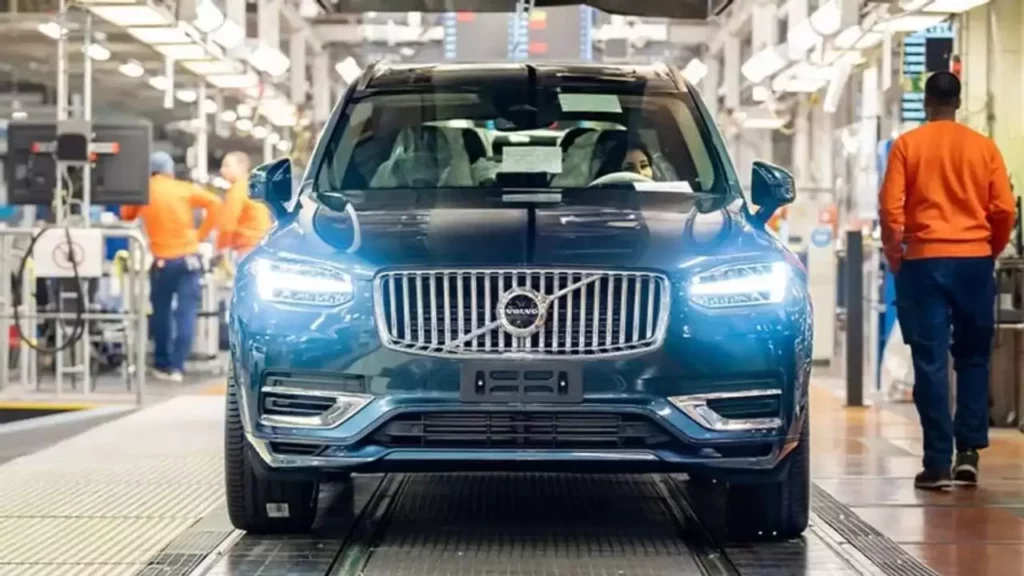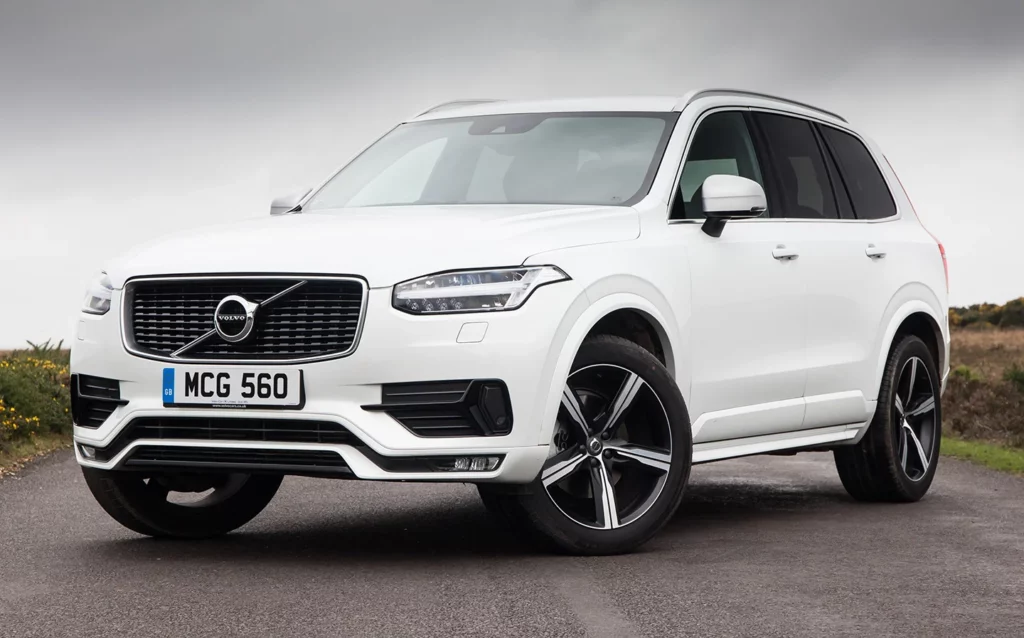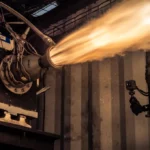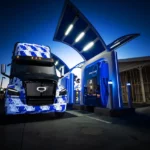Swedish automaker Volvo has announced the end of an era as it waves goodbye to diesel-powered vehicles. This move comes after a 45-year relationship with diesel engines and amidst a global push towards electric mobility.
From its humble beginnings to its recent dominance in global sales, Volvo’s diesel engines have been a cornerstone of its success. However, with changing consumer preferences and environmental concerns taking centre stage, Volvo has made the strategic decision to transition to an all-electric future.
Volvo said ‘Last year, we increased our sales of fully electric cars by 70 per cent and our global electric market share by 34 per cent,’ it said ‘The figures speak for themselves, underscoring that the all-electric direction we’re now heading towards is the right one to take, and we do so with our flag held high.’
via cardealermagazine
Since 1991, Volvo has been a stalwart in the diesel vehicle market, producing over 9 million diesel-powered cars. This figure, however, likely understates the true impact of Volvo’s diesel legacy, as records before 1991 are incomplete. Nevertheless, Volvo’s diesel engines have played a pivotal role in shaping the automotive landscape, with models like the XC90 becoming synonymous with reliability and performance.

According to Autocar, diesel still powers 40% of the premium cars sold in Europe today, meaning Volvo is walking away from money on the table. It’s doing so without regret, though, saying, “The all-electric direction we’re now heading towards is the right one to take, and we do so with our flag held high.”
The curtain has officially closed on Volvo’s diesel era with the production of its last diesel-powered model, the XC90 SUV. This momentous occasion took place at Volvo’s Torslanda factory in Sweden, where the final diesel vehicle rolled off the production line. While this marks the end of an era, it also signals the beginning of a new chapter for Volvo as it sets its sights on electric mobility.
With the closure of its diesel production facilities, Volvo has shifted its focus to electric mobility. The Torslanda factory, once dedicated to diesel production, has now been repurposed to manufacture electric motors for Volvo’s upcoming lineup of electric vehicles. This strategic move aligns with Volvo’s ambitious goal of becoming an entirely electric carmaker by 2030, setting a precedent for the industry.
Volvo added: ‘While our future indeed is fully electric, our mixed portfolio includes some excellent plug-in hybrid and mild-hybrid models, which will act as a perfect bridge towards that future.’
via cardealermagazine
Volvo’s decision to phase out diesel engines reflects its commitment to sustainability and environmental stewardship. Former CEO Håkan Samuelsson emphasized the importance of investing in the future, stating that electric vehicles are essential for long-term profitability and growth. By bidding farewell to diesel, Volvo aims to reduce its carbon footprint and contribute to global efforts to combat climate change.

According to Electrek, Former CEO Håkan Samuelsson explained over two years ago that to “remain successful, we need profitable growth.” He added, “So instead of investing in a shrinking business, we choose to invest in the future – electric.”
“We are quite confident that we have very good customer offers even without the diesel,” Erik Severinson, a Volvo Car executive in charge of new cars and operations strategy, said in an interview
cnbctv18
The decline of diesel-powered vehicles in Europe, coupled with stricter emission regulations, has accelerated Volvo’s transition to electric mobility. In response to changing consumer preferences and evolving regulatory landscapes, Volvo has recognized the need to adapt and innovate. By embracing electric vehicles, Volvo remains at the forefront of automotive technology and sustainability.
Volvo’s diesel engines have been praised for their efficiency, reliability, and performance. From the world’s first six-cylinder diesel engine in the 1970s to the introduction of advanced powertrain architectures like the Volvo Engine Architecture (VEA) in 2013, Volvo has continually pushed the boundaries of diesel technology.









